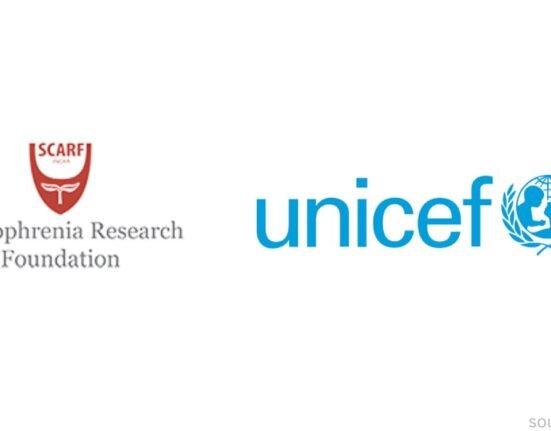For general audiences like us, commercial advertisements we come across amidst the programs we watch, print ads we see when we surf through newspapers and magazines, and social media ads that reflect every thought we slightly had, are all part of media consumption. They catch our eyes, make us think, and some even leave a lasting impact for good or worse. To keep up with the changing perspectives, to make the representations in the world of advertisements more inclusive, to stop the advertisement agencies to characterize gender identity, sexual orientation, physical and mental health conditions, body types, and social constrictions of age insensitively, the advertising council of India has reformed its advertising code of conduct.
Advertisements violating the code of conduct will be subjected to be taken down – Sharad Vadehra
The Advertising Standards Council of India (ASCI), a self-regulatory body, in the past had intercepted ads that ridiculed people in the name of their race, caste, creed, gender, or nationality. However, keeping in mind the prejudice and disrespect prevailing, it has now reformed Chapter 3.1(b) of the advertising code including an extensive range of detrimental representations. Sharad Vadehra from the Global Advertising Lawyers Alliance mentioned that if the ASCi notice any ads violating the code, they would be taken down immediately, thus ensuring the general public access to proper legal channels.
ASCI hopes for changes in how all the sections would be portrayed, and the problematic misrepresentations would be reduced – Manisha Kapoor
Manisha Kapoor, CEO, and secretary-general, ASCI, mentioned that time and again, we have questioned the integrity of some representations in the ads, and we might have seen some individuals who call out such derogatory or unfavourable misrepresentations. It’s time that the advertisements take those opinions into account and make the necessary changes in terms of inclusivity and sensitivity, for instance, associating body shape with unhealthy beauty standards needs to stop. With this update, ASCI now stressed upon the need to focus more on authentic portrayals of physical and mental health conditions, and gender identity. In effect of this code, ASCI believes that there would be changes in how all the sections of our nations would be portrayed, especially the problematic misrepresentations would be reduced and no longer be present.
.jpg)
“What India Takes Offense To” highlighted six themes in the majority of the complaints
In a society where everything seems problematic and a section of people still propagating the idea that some need to learn to take a joke as a joke, there is a gray area as to what one would find offensive. To throw light upon what our country takes offense to, the advertisement watchdog analyzed 1759 complaints filed from 2019-to 2021 by Indian consumers against 488 ads they found offensive. The analysis report, “What India Takes Offense To” was published in January 2022 highlighted six themes in the majority of the complaints, including mocking men, unpleasant realities such as menstruation, and challenging Indian culture and values.
ASCI will continue to consider any offensive portrayals of individuals based on their gender, sexuality, health, and body type harmful.
But ASCI ensured that sometimes the truth can be bitter, and some thoughts and depictions even when initially found upsetting or unacceptable, need to be faced by the Indian society as the prevailing discrimination had to be eradicated, and media representations acted as a great platform to change oppressive perspectives and establish progressive and equitable narratives throughout history, and it needn’t change at people’s will right now. It just had to be more inclusive, authentic, and sensitive. The updated interdict doesn’t change the perspective of offense. ASCI will continue to consider any derogatory and offensive portrayals of individuals based on their gender, sexuality, health, and body type, and unhealthy stereotypes harmful. An article by the anti-bullying program of The Diana Award mentioned that the stereotypes continue to harm individuals in one way or the other in the walk of their life, as they are based on unfair presumptions completely disregarding the facts. It is crucial that we try to get to know people personally before we assume and develop beliefs about how they would be and how they would turn out to be. The complexity of humankind and the experience of knowing them is greatly disabled by the stereotypes and preconceived notions of our identity.
As a note to take back home, Manisha Kapoor emphasized that ASCI welcomes more diverse depictions and inclusions, but they shouldn’t be disrespectful or not used as a marketing strategy or comic relief.












Leave feedback about this